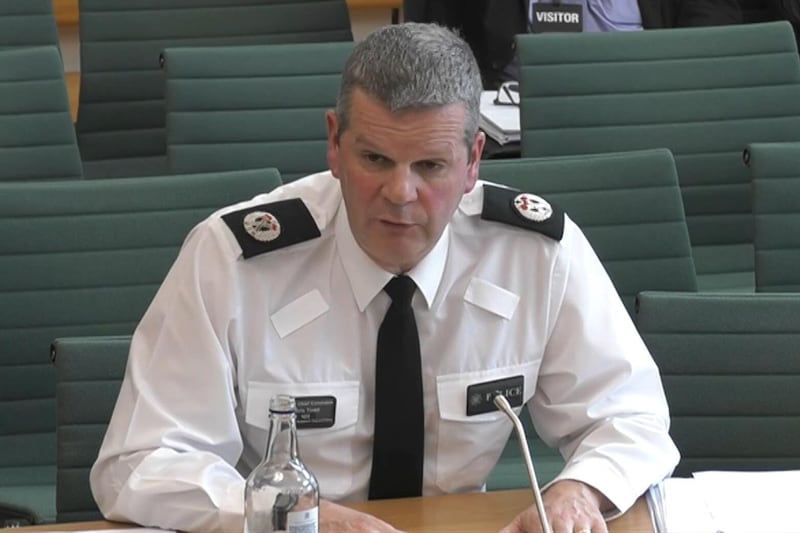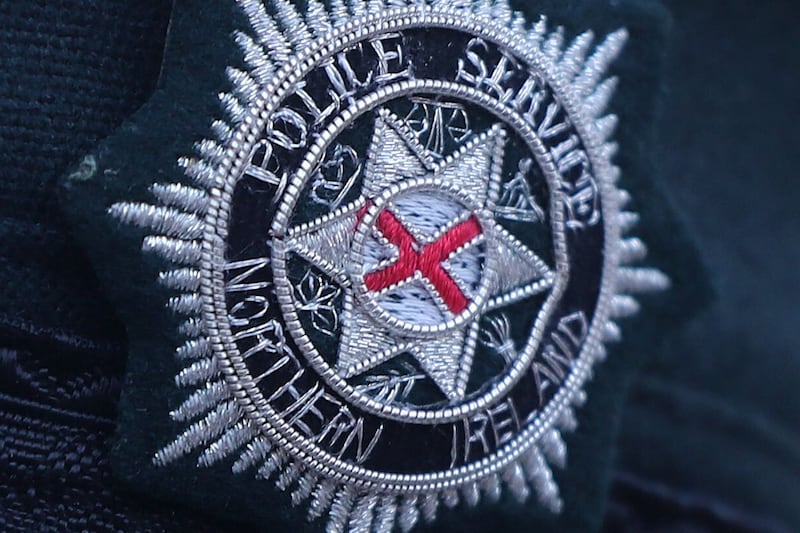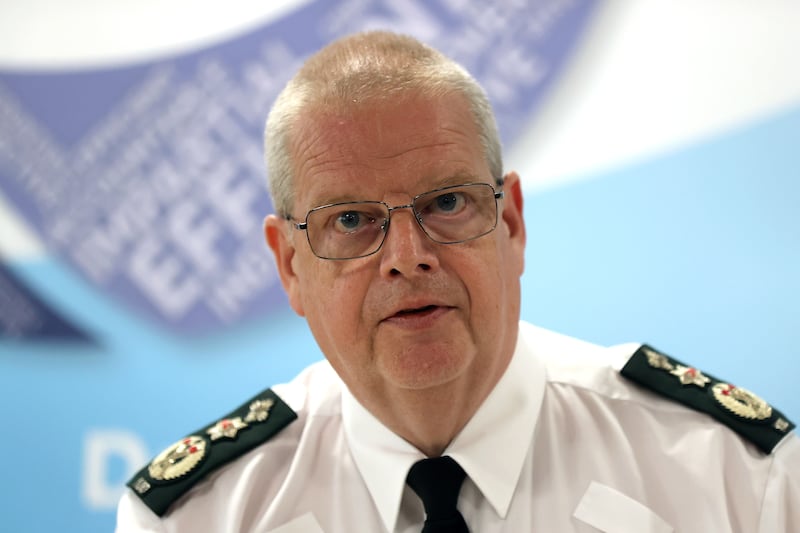There were “multiple failings” in how police managed risks faced by a 36-year-old Belfast man who died after being restrained by officers while under the influence of cocaine, a Police Ombudsman investigation has found.
Gerard McMahon, a DJ from the Short Strand area of the city, died in hospital on September 8 2016, 14 hours after being handcuffed and restrained in a face-down prone position by police officers.
Police had responded after being alerted to an altercation between Mr McMahon and taxi drivers near the Grand Opera House in Great Victoria Street.
Two officers were disciplined for failing to summon an ambulance more quickly after becoming concerned for Mr McMahon’s health.
He later suffered a cardiac arrest.
One of those officers was also disciplined for discharging CS spray at Mr McMahon while the officers were attempting to restrain him.
The officer’s two colleagues were also affected by the spray.
The coroner at Mr McMahon’s inquest in 2021 described the use of the spray as “not just unwarranted but also irresponsible”.

Police Ombudsman, Marie Anderson, has expressed disappointment that the PSNI decided not to implement a number of other disciplinary recommendations made following inquiries by her office.
These related to the way in which Mr McMahon had been handcuffed and restrained, and a delay in officers administering cardio-pulmonary resuscitation (CPR).
Although Mrs Anderson recognised that the three officers involved in Mr McMahon’s restraint had made determined and extended efforts to save his life, she said her inquiries had identified a series of concerns.
She recommended that all three should face misconduct hearings which would have allowed “the evidence to be tested and the full range of disciplinary sanctions to be considered”.
She described as “unsatisfactory” the PSNI’s decision not to hold misconduct hearings, to implement disciplinary sanctions against only two officers in relation to only some of the identified failings, and to take no action against the third officer.
However, she welcomed “a positive response” from the PSNI to recommendations for changes in police procedures as a result of lessons learned during her investigation.
Mrs Anderson concluded that there had been “a lack of planning and communication” between the officers involved in restraining Mr McMahon.
She said a failure to react appropriately to the developing situation had exposed him to the risks associated with being restrained in the prone position for an extended period of time.
“When Mr McMahon first showed signs of resistance, the handcuffs should have been moved from the front of his body to the rear,” said Mrs Anderson.
“This would have allowed the officers to exercise a greater degree of control and may have avoided the need to restrain him in a face down position.
“The officers also had no clear plan as to how long Mr McMahon would be restrained in the prone position, and whether that would have been until a cell van arrived from Lisburn Road or until the arrival of additional police resources.”
Mrs Anderson added: “This was a tragic case involving the death of a young man.
“I note the comments of the coroner at Mr McMahon’s inquest who stated that my investigators had ‘discharged their duty impeccably and to a very high standard’.
“The investigation led to lessons being learned from tragic circumstances, and the improvement of policing via a number of recommendations which were accepted by the PSNI.”

PSNI Deputy Chief Constable Chris Todd said: “Firstly I would like to acknowledge how difficult a time this has been for the McMahon family following the death of Gerard.
“I recognise this is another difficult day for them and I offer them our ongoing sympathy and condolences.
“The Police Ombudsman’s recommendations were considered and two officers received discipline sanctions as a result.
“I note that the Ombudsman has expressed dissatisfaction at this outcome but it should also be noted that due process was followed in accordance with the Police Conduct Regulations.
“The coroner in 2021 was satisfied that the level of force used was justified, but described the application as poor.
“The coroner also noted however that three specific officers deserved considerable praise and recognition for their efforts at attempting to resuscitate Mr McMahon.”








